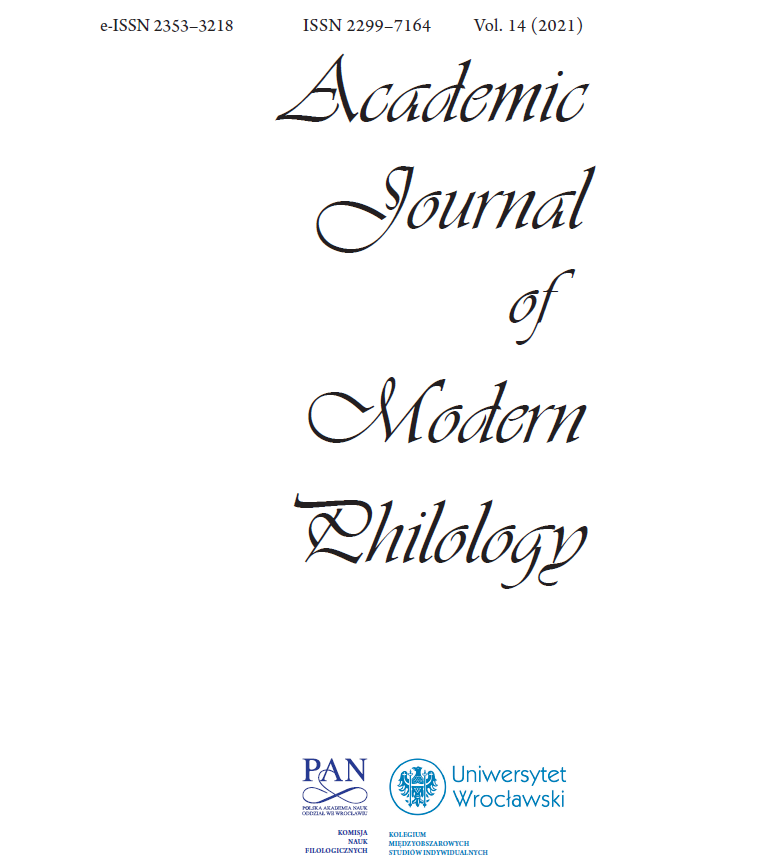Rozbieżności pojęciowe w anglosaskim i polskim prawie karnym. Studia przypadków
Conceptual Discrepancies in English Law Based and Polish Criminal Law: Case Studies
Author(s): Jan GościńskiSubject(s): Language studies, Language and Literature Studies, Theoretical Linguistics, Philology
Published by: Komisja Nauk Filologicznych Oddziału Polskiej Akademii Nauk we Wrocławiu
Keywords: legal translation; criminal law; Polish law; English law based legal systems; comparative law
Summary/Abstract: The segmentation of extralinguistic reality in various languages in many cases does not overlap, which is one of the sources of translation difficulties. The problem is particularly evident in the area of law because different communities mold this sphere of life in divergent manners, creating institutions unknown to other legal systems or building up conceptual networks specific to those systems. This last issue has become the subject of analysis. The author examines selected English law based and Polish criminal law terms, revealing semantic shifts between them and the consequences of the shifts for the translation process. The investigated terms are as follows: homicide, murder, manslaughter, assault, battery, and burglary. The author studies their legal meanings juxtaposing them with the meanings of the Polish terms proposed in dictionaries and glossaries as equivalents for the English terms (for instance, morderstwo, zabójstwo, pobicie, naruszenie nietykalności cielesnej, kradzież z włamaniem, włamanie). The analysis confirms the soundness of a comparative approach to the translation of legal terminology advocated by Peter Sandrini: in order to decide whether a proposed equivalent can be used, its notional content must be compared with the notional content of the original term in a given context
Journal: Academic Journal of Modern Philology
- Issue Year: 2021
- Issue No: 14
- Page Range: 201-209
- Page Count: 9
- Language: English

